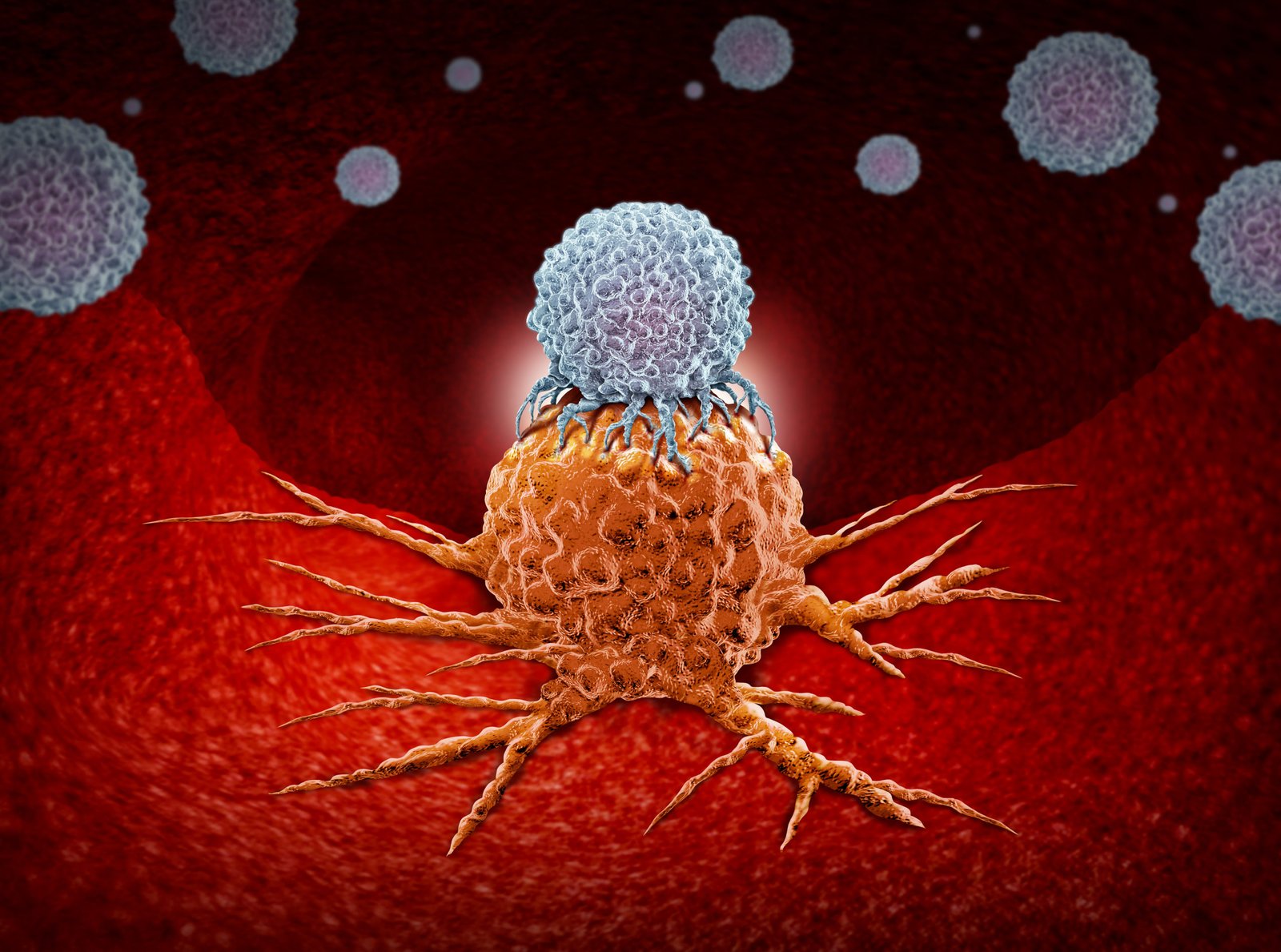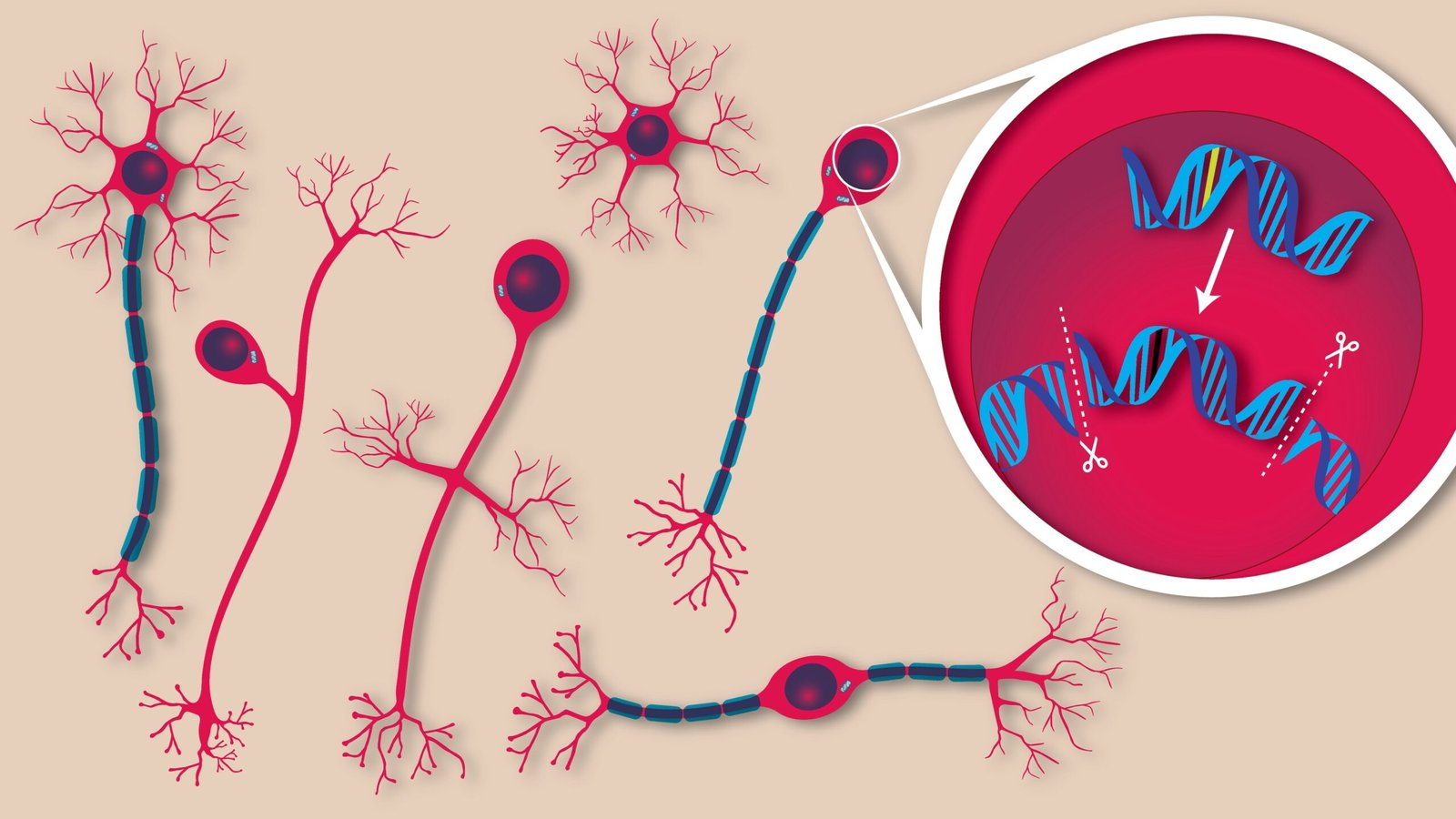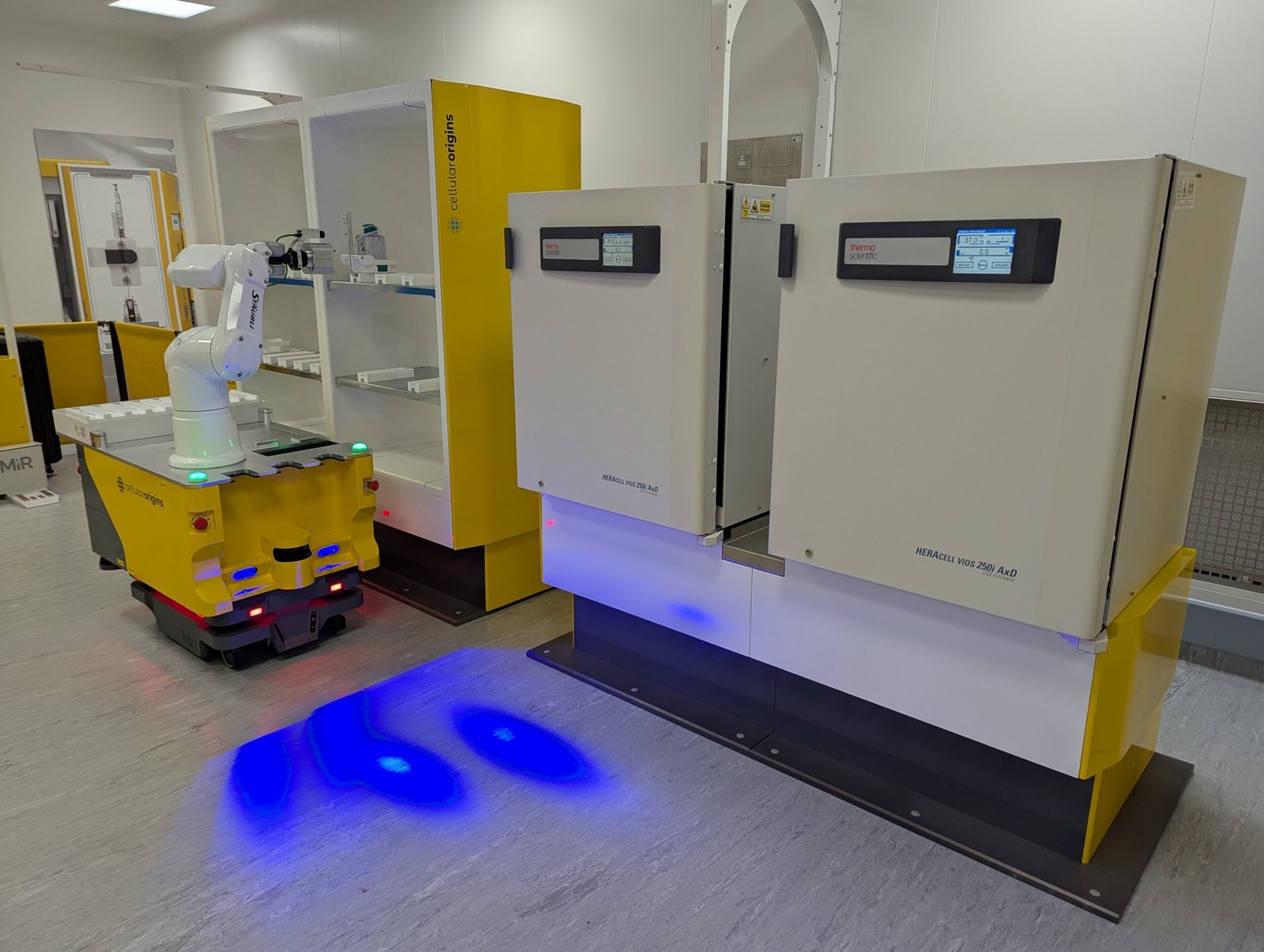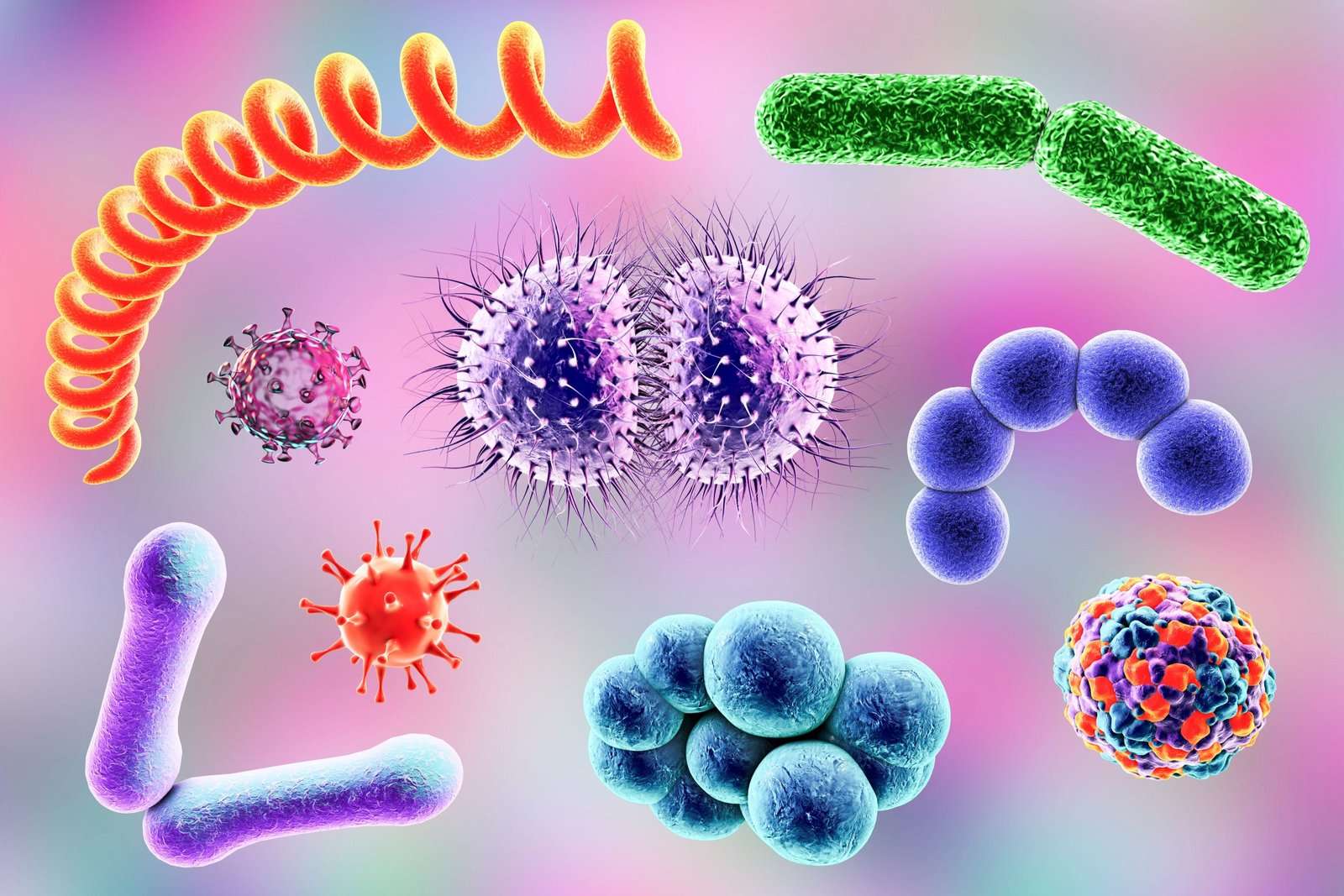A team of researchers at UCLA Health Jonsson Comprehensive Cancer Center has identified a potential new strategy to prevent, and potentially reverse, immune checkpoint inhibitor (ICI)–induced type 1 diabetes mellitus (ICI-T1DM) using an existing class of drugs used to treat autoimmune disorders.
The preclinical study, headed by Melissa Lechner, PhD, assistant professor of medicine in the division of endocrinology, diabetes, and metabolism at the David Geffen School of Medicine at UCLA, identified a new group of immune cells involved in the development of ICI-T1DM, a rare but life-threatening side effect of cancer immunotherapy. The investigators then showed that JAK inhibitors (JAKi), which are already FDA-approved for conditions such as psoriasis and arthritis, can stop the autoimmune attack on insulin-producing cells in the pancreas and, in some cases, even reverse the damage in preclinical models.
The findings point to a new way to protect patients from this serious endocrine-related complication of cancer immunotherapy—one that currently has no effective way to prevent or reverse its effects—without compromising the effectiveness of their cancer treatment. “This is one of the first times we’ve found a way to intervene in these toxicities in a meaningful way,” said Lechner. “As more patients receive immunotherapy for early-stage and potentially curable cancers, preventing long-term autoimmune damage is becoming a critical part of survivorship care. This study brings us closer to protecting patients without compromising the life-saving benefits of their treatment.”
Lechner is senior author of the team’s published paper in JCI Insight, titled “Polyfunctional T follicular helper cells drive checkpoint-inhibitor diabetes and are targeted by JAK inhibitor therapy,” in which the scientists concluded, “In this study, we provide evidence for robust protection of ICI-T1DM with ruxolitinib, an FDA-approved and clinically available JAK1/2 inhibitor.”
Checkpoint inhibitors such as pembrolizumab and nivolumab have revolutionized cancer treatment by activating the immune system to attack tumors, but they can also cause serious autoimmune side effects. More than two-thirds of patients who receive these therapies experience some form of immune-related toxicity. “Such immune-related adverse events (IrAE) contribute to hospitalizations, cancer treatment interruption, and even premature death,” the authors wrote. While rare, one of the most severe is type 1 diabetes, which affects 1% to 2% of patients and is often permanent. Nearly 90% of those who develop it require ICU care for life-threatening complications and are left insulin-dependent for life.
The authors continued, “ICI-induced autoimmune diabetes mellitus (ICI-T1DM) is a life-threatening IrAE that presents with rapid pancreatic β-islet cell destruction leading to hyperglycemia and life-long insulin dependence.” And as they pointed out, “As clinical indications for ICI therapy expand, the number of patients with IrAEs will surge—as will the need for therapies to halt severe or life-threatening autoimmune toxicities like ICI-T1DM.”
To better understand the mechanisms underlying type 1 diabetes triggered by immune checkpoint inhibitors, Lechner and team analyzed immune responses in mouse models to see if they could identify the immune cell populations responsible for this toxicity.
Past research has primarily focused on CD8+ T cells, but the role of CD4+ T cells in ICI-T1DM is less understood. Through their reported study the investigators discovered that a previously unrecognized population of immune cells called CD4+ T follicular helper (Tfh) cells plays a major role in driving the aggressive autoimmune attack on insulin-producing beta cells in the pancreas during cancer immunotherapy.
These cells produce two key signaling molecules, IL-21 and interferon-gamma (IFN-γ), which fuel the immune attack on the pancreas. “We identify expansion of CD4+ T follicular helper (Tfh) cells expressing interleukin 21 (IL-21) and IFN-γ as a hallmark of ICI-T1DM,” they stated. “Furthermore, we show that both IL-21 and IFN-γ are critical cytokines for autoimmune attack in ICI-T1DM.”
The scientists then tested whether JAK inhibitors, which block the IL-21 and IFN-γ pathways, could prevent the onset of immune checkpoint inhibitor–induced type 1 diabetes in mice. JAK inhibitors are a class of drugs that are now widely used to treat spontaneous autoimmune disorders such as alopecia, psoriasis, and arthritis, they noted.
The scientists found the treatment not only blocked the effects of IL-21 and IFN-γ, but they were able to reduce the number of Tfh cells and, in some cases, restore normal blood sugar levels, suggesting the potential to not only prevent but also reverse the disease. “Indeed, JAKi provide robust in vivo protection against ICI-T1DM in a mouse model that is associated with decreased islet-infiltrating Tfh cells,” they wrote. “In conclusion, our studies not only indicate strong preclinical application of JAK1/2 inhibition in the protection of ICI-T1DM development but demonstrate a critical role for IL-21+ INFγ+ CD4+ Tfh cells in driving the mechanism of autoimmune attack and pancreatic injury in ICI-T1DM.”
Lechner said, “This is the first study to identify Tfh cells and the IL-21/IFNγ pathway as key drivers of checkpoint inhibitor–induced type 1 diabetes … Importantly, we show that this pathway can be therapeutically targeted with a drug that is already FDA-approved and widely available without weakening the immune system’s ability to fight cancer.”
The group had previously shown that the same cell population was involved in thyroid toxicities from checkpoint inhibitors, suggesting a shared mechanism across multiple autoimmune side effects. “We recently identified IL-21+ T follicular helper (Tfh) cells as critical mediators of ICI-thyroiditis, another common endocrine IrAE seen in 15%-25% of ICI-treated patients,” they wrote.
“These CD4+ T cells seem to play a common role in different autoimmune toxicities,” added Lechner. “They could even potentially be used as a predictive biomarker to identify at-risk patients before symptoms start.”
The team is now working to launch a first-in-human clinical trial to test the approach in patients with cancer who develop diabetes after immunotherapy. “If we can make immunotherapy safer, especially for patients with pre-existing autoimmune disease who are often excluded from trials, we can extend the reach of these therapies,” Lechner commented. “And we can start to offer real solutions to the thousands of patients living with permanent side effects.”
The post Autoimmune Disorder Therapy Drug Reverses Immunotherapy-Related Diabetes in Mouse Model appeared first on GEN – Genetic Engineering and Biotechnology News.




